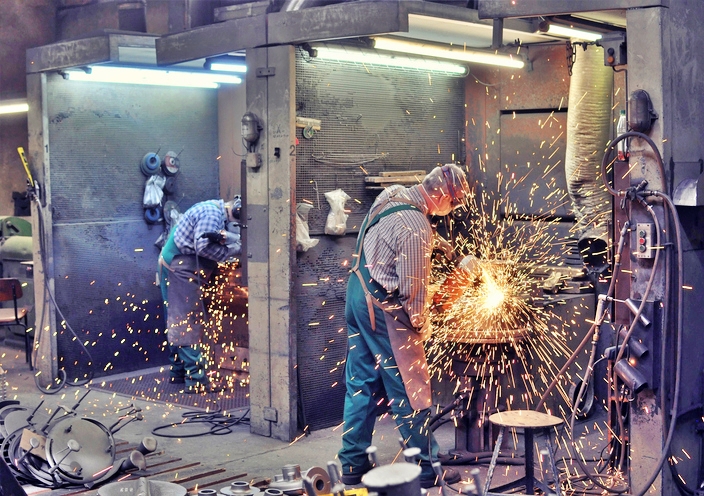China – When a giant must fall
My assessment of the situation with China Evergrande in China is that it is not, and will not be, a comparable situation with the decline of Lehman Brothers during the global financial crisis just over 10 years ago. After all, the American investment bank was a bank, and the closure of the bank also became a symbol of an endless decline at that time. For those who remember it, a good portion of the assets on the balance sheet at Lehman Brothers was difficult to market, and therefore illiquid.
China Evergrande is a property developer, thus there is a high leverage, and quite rightly, higher than the recommendations from the authorities. The leverage makes the company more vulnerable in stormy weather, but China Evergrande poses no systemic risk to China’s financial system. The assets are significantly more marketable than, for example, then at Lehman Brothers, because the assets at China Evergrande are pure real estate projects.
If one zooms in on the real estate sector in China, my assessment is that even within the sector, China Evergrande does not have such a dominant position, that a collapse can trigger a domino effect in the real estate market. In fact, according to my information, China Evergrande represents only 4 pct. of China’s real estate market.
The relativisation to Lehman Brothers is not to come up with a retro feature, but to give a feeling for China Evergrande’s size in relation to China’s economy. The company’s debt of over 300 billion US dollars has become world famous. It is big number, but in China, it is still manageable.

What I have described, I argue, are good reasons why a meltdown of China Evergrande is annoying to the Chinese economy, but on the other hand, nothing more than that. If it goes as I expect it to be, then China Evergrande will collapse, though a controlled collapse, like a giant being folded.
When a development like what transpired with China Evergrande gives so much turmoil in the financial markets, then one must give it full attention, and the situation cannot be neglected. Conversely, in the assessment of how serious the meltdown is considered, the prelude over the last two years should be included.
In the last couple of years, Chinese authorities have called for, and worked with, property developers to lower their leverage and increase their cash positions. It is fairly well-known that China Evergrande did not follow the recommendations, and several indications point at a company that believed it was “too big to fail”. This is most likely not the case, though the point is that it is the tightening measures for the sector that have caught-up with China Evergrande, thus, not a sudden crisis in the real estate sector.
I expect the equity of the company at some point to be largely lost and one model could end up letting China Evergrande become a liquidation company. It is important to sell the real estate projects off, so that people can have their homes finished. In addition, my expectation is that bank and bond debt may be repaid at 50 pct. of the nominal face value.
It might all sound reassuringly controlled, and there is even a political interest in a controlled scenario. One must not forget that the Chinese President Xi targets a re-election for a third term in 2022. But no matter what, my best bet is that the market nervousness will return several times, and for several reasons.
Firstly, the meltdown or liquidation of China Evergrande will take several months. The question then is how the current uncertainness is being received domestically in China. 80,000 private investors have bought financial products issued by China Evergrande, it would certainly be positive if there is a partial or full solution for these potential losses. Graph one with house prices in China shows a declining annual growth rate, but this is not due to China Evergrande, instead, it is the effect from authorities that ongoingly try to curb price increases.
Graph two is significantly more worrying, with a completely unexpected drop in retail sales in August. Here too, the reason is not China Evergrande, and on the contrary, the decline shown in economic data from China is broadly due to the Covid-19 virus flaring up again in several places. However, if the temporary decline is replaced by new nervousness, the negative spiral may continue to fall.

Right now, a sharp downward spiral is not my primary scenario, but several property developers may be heading into turbulence like the company Baoneng Group. The group only has debt worth one tenth of China Evergrande’s, but at Baoneng, they have chosen to invest 50 billion yuan in car production, which unfortunately never yielded a return, and the investment might be completely or partially lost. This equity and cash are now missing in the consolidation of the company’s core business of real estate projects. If such a company gets into trouble, then it is not due to a Chinese real estate market that is on its way down, but rather, real estate companies that have been managed too ambitiously, to put it nicely.






